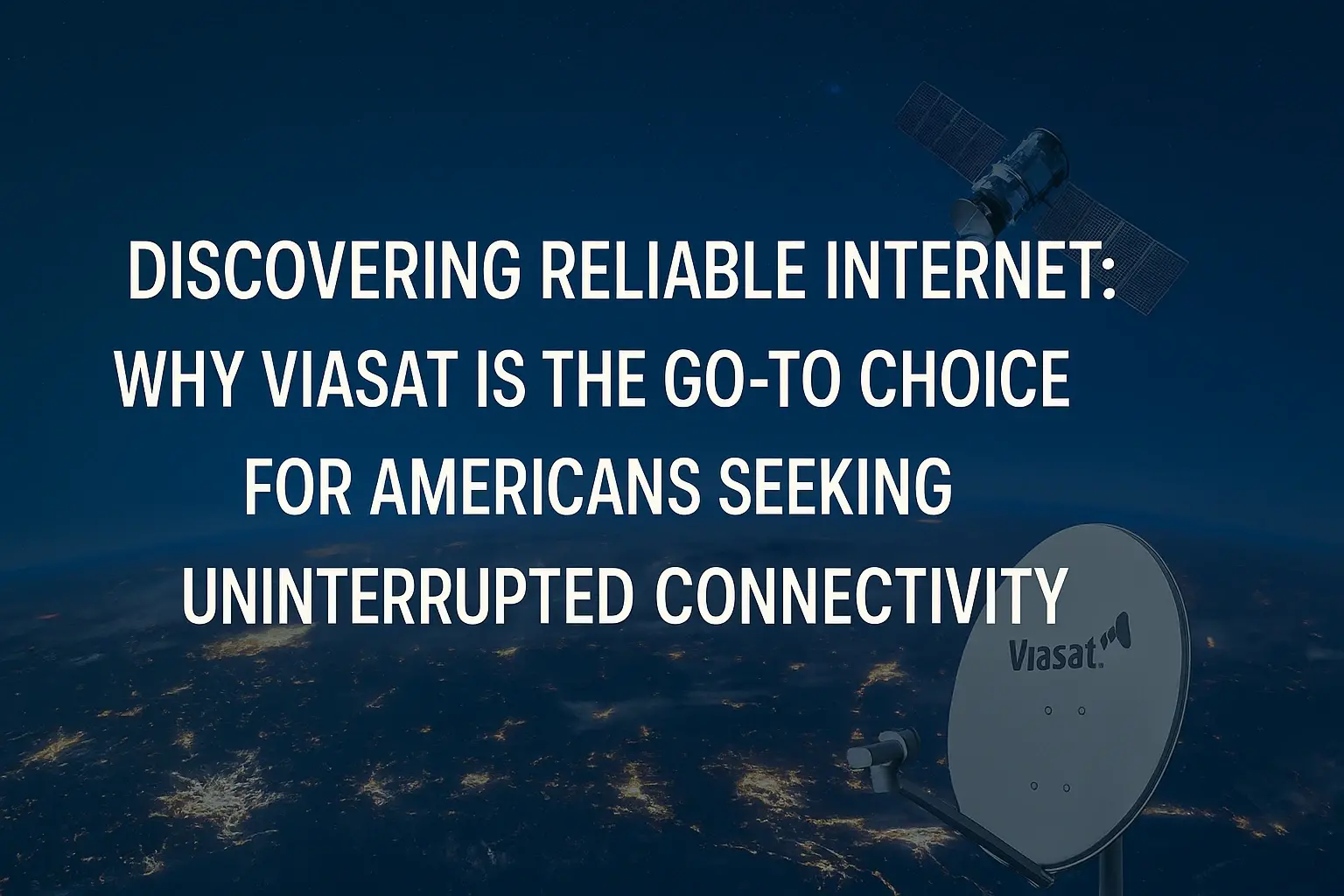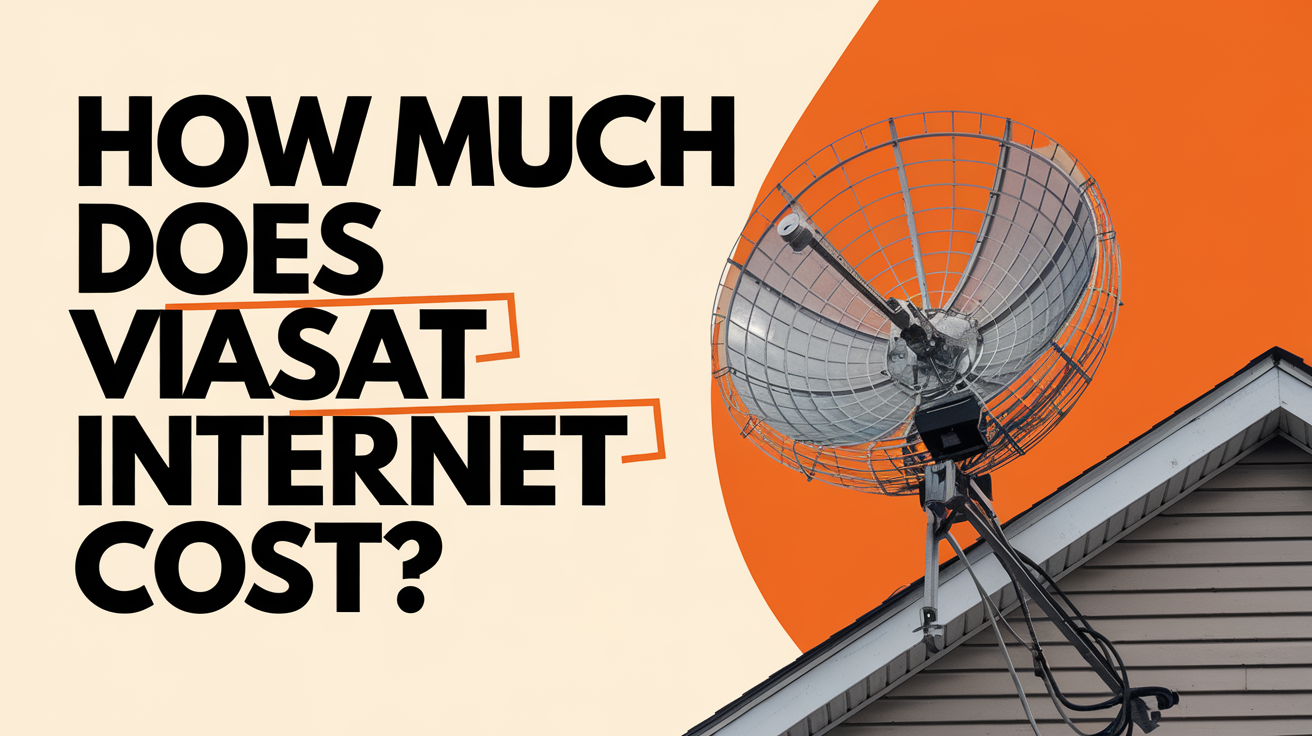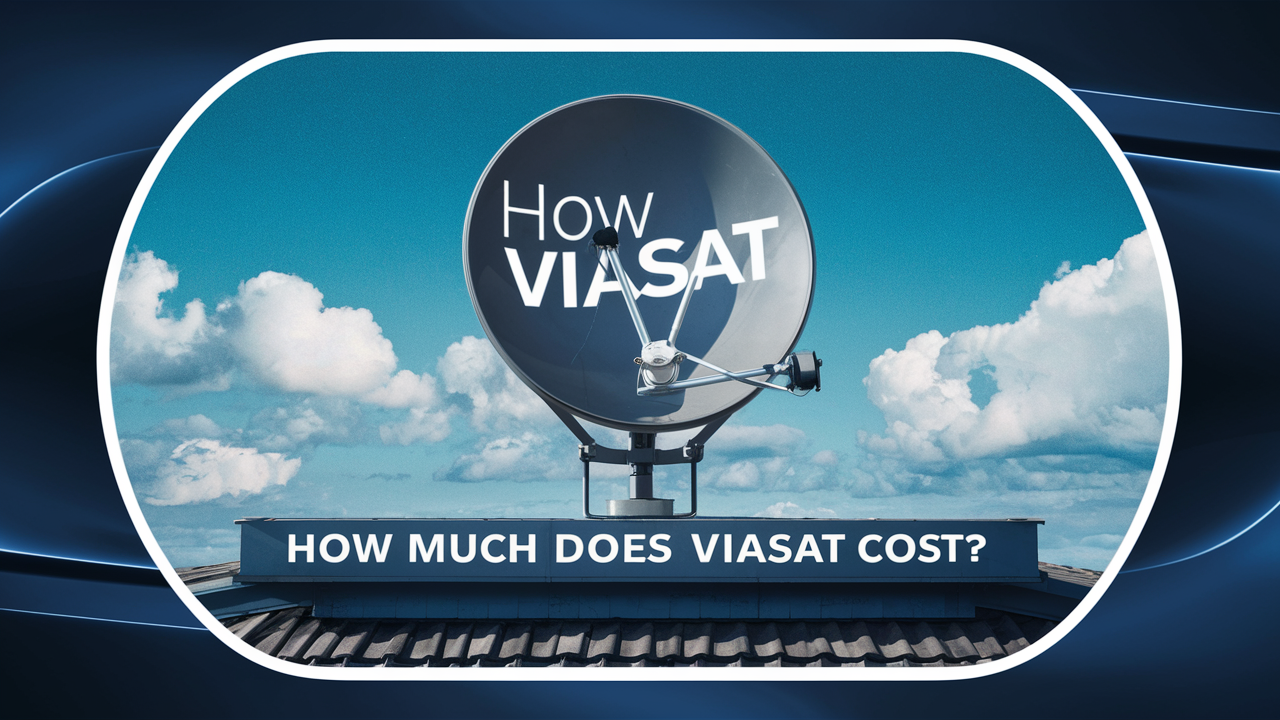-
Posted on: 13 Jul 2024
-
For rural and remote households, satellite internet is often the only option for broadband connectivity. Among the major providers, Viasat and HughesNet have long been the dominant choices. But in recent years, Viasat has pulled ahead, offering faster speeds, larger data allowances, and more flexible plans than HughesNet. In this comprehensive guide, we’ll explore why Viasat is considered so much better than HughesNet and help you decide which provider is right for you.
Speed: Viasat Outpaces HughesNet
Speed is one of the most important factors for internet users, and here Viasat has a clear advantage. Viasat offers maximum download speeds of up to 150 Mbps, while HughesNet’s top speed is typically 100 Mbps, and more commonly, users experience speeds around 25–50 Mbps.
- Viasat: Up to 150 Mbps download, with real-world averages often between 30–50 Mbps.
- HughesNet: Up to 100 Mbps (advertised), but most users see 15–25 Mbps in practice.
This means Viasat customers can enjoy smoother streaming, faster downloads, and better performance for online gaming and video calls compared to HughesNet users.
Key Fact: Viasat offers the fastest satellite internet speeds currently available, making it a superior choice for users who need more bandwidth for streaming, gaming, or remote work[1][2][5].
Data Allowances: Viasat’s Generous Caps and Unlimited Options
Data caps are a major pain point for satellite internet users. Viasat has made significant improvements in this area, offering much larger data allowances than HughesNet.
Provider Typical Data Allowance Unlimited Options Details Viasat Up to 850 GB (varies by plan) Yes (Viasat Unleashed) No hard data caps on unlimited plans; possible speed reduction during congestion[1][2][6]. HughesNet 100–200 GB (depending on plan) No (unlimited standard data, but deprioritized after cap) After reaching your data cap, speeds are slowed to a crawl during congestion[1][2][6]. Viasat’s data allowances are often twice as large as HughesNet’s, and with Viasat Unleashed, you can get truly unlimited data with no hard caps—only possible speed reductions during network congestion if you exceed typical usage. HughesNet, on the other hand, offers “unlimited standard data” but severely slows your connection after you hit your priority data limit, making it difficult to stream or download large files.
No Contracts: More Flexibility with Viasat
Contract flexibility is another area where Viasat shines. Viasat Unleashed plans come with no contract requirement, allowing you to cancel at any time without penalty. This is a major advantage for customers who want the freedom to switch providers or move without worrying about early termination fees.
- Viasat: No contract with Viasat Unleashed; some other plans may require a 24-month agreement.
- HughesNet: Two-year contract required for all plans, with early termination fees up to $400.
This flexibility makes Viasat a better choice for renters, travelers, or anyone who values the freedom to change providers without penalty.
Pricing: Viasat vs. HughesNet
While HughesNet is generally cheaper than Viasat, the price difference is offset by Viasat’s superior speeds and data allowances. Here’s a quick comparison:
Provider Typical Monthly Price Equipment Fee Contract Viasat $100–$150 (varies by location) $15/month No contract (Unleashed); 24 months (other plans) HughesNet $75–$120 (after promo period) $15–$20/month or $300–$450 one-time 2 years Viasat’s higher price is justified by its faster speeds, larger data caps, and no-contract options. HughesNet is a better fit for budget-conscious users who don’t need much speed or data[2][4][6].
Performance and Reliability
Both Viasat and HughesNet use geostationary satellites, which means they both suffer from high latency (typically 600–800 ms). However, Viasat’s higher speeds and larger data allowances make it more reliable for streaming, downloading, and other bandwidth-intensive activities.
Independent speed tests show that Viasat consistently outperforms HughesNet in terms of average download speeds. For example, CNET’s 2025 report found Viasat’s average download speed at 34.72 Mbps, while HughesNet lagged at 15.87 Mbps.
Bonus Data and Free Zones
Both providers offer “bonus” or “free” data periods where usage does not count against your data cap:
- HughesNet: Bonus zone from 2 a.m. to 8 a.m., where data usage is not counted.
- Viasat: Free zone with unlimited data usage between 12 a.m. and 5 a.m., 3 a.m. and 6 a.m., or 3 a.m. and 8 a.m., depending on your plan[1].
These free periods help schedule large downloads or updates, but Viasat’s larger overall data allowances still give it the edge for most users.
Who Should Choose HughesNet?
While Viasat is generally better for most users, HughesNet may be a better choice for:
- Budget-conscious users: HughesNet’s plans are cheaper, making it a good option for those who only need basic internet access.
- Light internet users: If you only use the internet for email, web browsing, and occasional streaming, HughesNet’s lower speeds and data caps may be sufficient[2][5].
However, if you need faster speeds, more data, or the flexibility to cancel your service without penalty, Viasat is the clear winner.
Viasat vs. HughesNet: Side-by-Side Comparison
Feature Viasat HughesNet Max Download Speed Up to 150 Mbps Up to 100 Mbps (typically 25–50 Mbps) Typical Data Allowance Up to 850 GB (varies by plan) 100–200 GB Unlimited Data Yes (Viasat Unleashed) No (deprioritized after cap) Contract No contract (Unleashed); 24 months (other plans) 2 years Monthly Price $100–$150 $75–$120 Equipment Fee $15/month $15–$20/month or $300–$450 one-time Early Termination Fee None (Unleashed); up to $360 (other plans) Up to $400 Frequently Asked Questions
Is Viasat faster than HughesNet?
Yes, Viasat offers faster download speeds—up to 150 Mbps compared to HughesNet’s 100 Mbps (with most users seeing much less).
Does Viasat have better data caps than HughesNet?
Yes, Viasat offers much larger data allowances—up to 850 GB or unlimited with Viasat Unleashed—while HughesNet caps most plans at 100–200 GB.
Does Viasat require a contract?
Viasat Unleashed does not require a contract, while some other Viasat plans may require a 24-month agreement. HughesNet always requires a two-year contract.
Is Viasat more expensive than HughesNet?
Viasat is generally more expensive, but its higher price reflects faster speeds, larger data caps, and more flexible contract options.
Who should choose HughesNet?
HughesNet is a better choice for budget-conscious users or those who only need basic internet access.
Conclusion
Viasat is widely considered much better than HughesNet for most users, thanks to its faster speeds, larger data allowances, and flexible no-contract options. While HughesNet may be a good fit for those on a tight budget or who only need basic internet, Viasat is the superior choice for streaming, gaming, remote work, and anyone who values performance and flexibility. For rural and remote households, Viasat’s advancements in speed and data make it the clear leader among traditional satellite internet providers.
Summary: Viasat is better than HughesNet because it offers faster speeds, larger data allowances, and more flexible contract options. While HughesNet is cheaper and may suit light internet users, Viasat is the superior choice for most households needing reliable, high-speed satellite internet.





